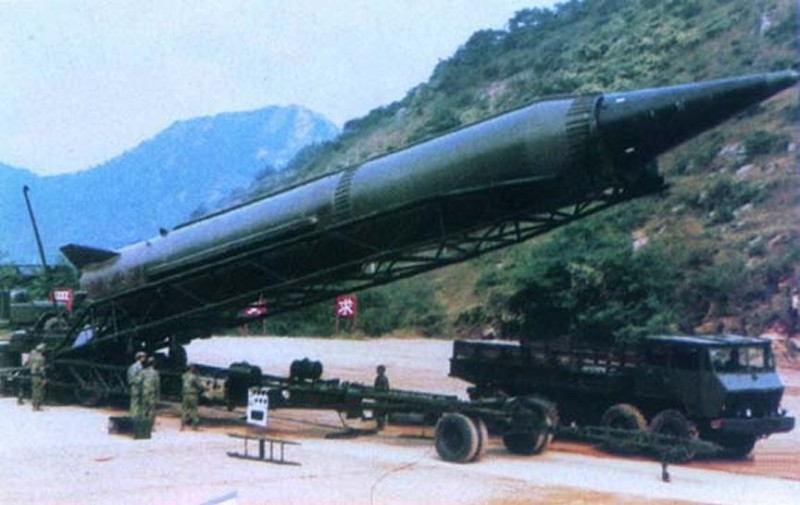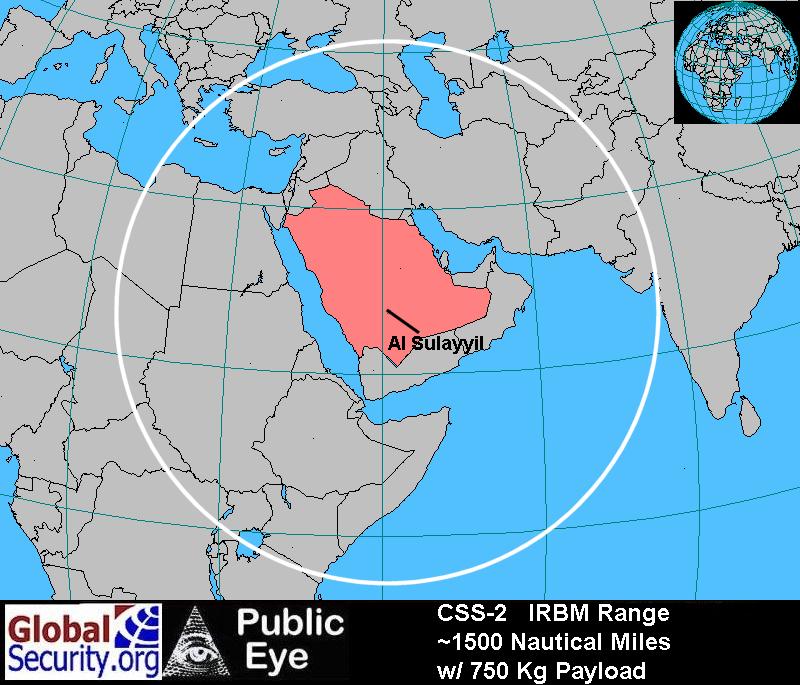الاخ العزيز باني
اتممت قرائة ما عرضت على و حرصا على الدقة و الحياد قمت بمتابعة كل الشخصيات المهمه المذكورة بالمقال في محاولة لمساعدتك على البحث عن اخبار عن هذة الازمة
وهذا اخي ماوجدته
بخصوص السفير كان المقال قد تحدث عن ازمة اخرجته من منصبه كسفير امريكي للسعودية بعد الازمة بفترة قصيرة
لكن ما وجدته لا يذكر تلك الازمة بل يؤكد وجوده حتي عمليات عاصفة الصحراء و اليك اخي المصدر
http://www.meforum.org/article/662
قمت بالبحث عن ازمات تخص حكومة اسحاق شامير و استعنت بموقع المكتبة اليهودية . اعتمادا على قربة و ايضا لم اجد ما يختص بتلك الازمة
و اليك المصدر
http://www.jewishvirtuallibrary.org/jsource/biography/shamir.html
و لم اجد ايضا ما يتعلق بيوسي بن اهارون بخصوص الازمة
و قد بحثت ايضا بجريدة الرياض عن ما استطيع وجوده بخصوص الصفقة و اليك اخي ما وجته
http://www.alriyadh.com/php/solr/?q=رياحُ+الشرق&author=
ان وجد مصدر صحفي موثوق يمكنني البحث به فأرجو التبليغ
الاخ ابن المغرب
وجدت بنفسي تقرير معهد ستوكهولم و قد قرأته و سأنشرة لك استاذي
Past nuclear policies
An examination of Saudi Arabia’s nuclear diplomacy over the past few decades suggests that the Kingdom may have already recognized the unique role that nuclear weapons could play in Saudi security doctrine. During the 1973 Arab-Israeli War, rumours circulated in Arab capitals that Israel had threatened to use its ‘basement’ nuclear arsenal to prevent invasion by its enemies. Such a threat has never been confirmed, according to Mohammed Khilewi, the former Saudi diplomat and nuclear physicist who defected to the United States in 1994. Yet, the Arab defeat at the hands of Israel in 1973, in addition to the nuclear threat that preceded it, fueled Saudi support of an ‘Islamic bomb.’ According to Khilewi, a Saudi weapons programme was established under the command of Prince Sultan, the Defence Minister and brother of King Fahd. The programme was based at the Al-Kharj nuclear research center in the desert military complext at Al-Sulayyil. Under the programme, foreign nuclear experts were recruited to work on compiling a nuclear library of scientific literature on the technology of nuclear weapons programmes of other countries. Saudi technicians spent months training in the nuclear weapons facilities of Iraq and Pakistan.[2]
The commencement of Pakistan’s nuclear programme around the same time was seen by the Saudis as an opportunity to help build the ‘Islamic bomb’ rather than competition. Beginning in 1975, the Saudis transferred funds into the Pakistani nuclear programme. According to former CIA analyst Robert Baer, this assistance amounted to ‘one billion dollars … to help Pakistan develop an “Islamic bomb”’ and another one billion dollars to ‘enable Pakistan to develop nuclear-capable F-16s from the United States in the 1980’s.’[3] Khilewi maintains that, in exchange for this assistance, the two countries had signed a pact whereby Pakistani nuclear weapons might be used to defend Saudi Arabia against foreign aggression.[4]
A former senior China analyst at the Defense Intelligence Agency Thomas Woodrow has suggested that the Saudi Arabian financing of Pakistan’s nuclear and missile purchases from China is actually being actively encouraged and driven by the latter. According to this argument, China’s motive would be to secure access to energy resources as an essential component of its economic and foreign policy, national security and military strategy. In the attempt to hide the direct link, China has chosen Pakistan as the vehicle for this collaboration. In essence, ‘Saudi Arabia could be buying a nuclear capability from China through a proxy state with Pakistan serving as the cutout.’[5]
Chinese contributed directly to Saudi Arabia’s military programme via the sale of nuclear payload-capable CSS-2 missiles in the late 1980s. In March 1988, reports that Saudi Arabia brokered a clandestine deal with China to purchase around 50-60 CSS-2 (Dong-Feng 3) intermediate-range ballistic missiles surfaced in the media.[6] The missile, which mirrored the Russian R-12/SS-4 missile, is designed to carry a nuclear warhead and is equipped as such in China. Both countries have made assurances that Saudi missiles will not carry a non-conventional payload. Additionally, the missiles have been heavily modified to carry a conventional warhead.[7] Nonetheless, the missile’s circular error probable (CEP) -- the diameter of a circle within which half of missiles are expected to land -- of 1-1.5 miles, makes it an inadequate conventional weapon. Milhollin and White have argued that ‘only the large blast radius of a nuclear explosion could compensate for the inaccuracy of the missile.’[8]
According to Khilewi’s account, during the 1980’s Saudi Arabia also sent massive aid to Iraq in its war against Iran. Of the $25 billion that the Kingdom is believed to have sent to support Saddam Hussein during the 1980’s, nearly $5 billion was marked for Iraq’s clandestine nuclear weapons projects. This included advanced uranium enrichment programs, and possibly an offer to finance rebuilding the Osirak reactor destroyed by Israel in 1981. Khilewi asserts that Iraq had agreed to share its nuclear arsenal with Saudi Arabia in exchange for economic assistance.
After Pakistan’s ‘success’ in developing and testing its nuclear arsenal in 1998, Saudi aid continued even as other sources of aid to Pakistan dried up. Saudi Arabia was providing Pakistan with 150,000 barrels of oil per day as undocumented assistance. Undoubtedly, this assistance helped to subsidize Pakistan’s nuclear weapons enterprise. Nuclear ties between the two countries grew so close that Sultan Ibn Abdul-Aziz, the Saudi Minister of Defense, was invited to tour the Pakistani uranium enrichment facility at Kahuta, the Khan Research Laboratories. He was one of the few foreigners to be granted such an opportunity. In November 1999, Dr. Abdul Khadeer Khan, the professed father of Pakistani nuclear bomb, and the mastermind behind the global nuclear black market, visited Saudi Arabia to attend a Symposium on Information Sources in the Islamic World. In October 2003, reports in the Western media again surfaced that the two countries had concluded a nuclear defense pact, although such allegations were strongly denied by both sides.
The Kingdom is currently a signatory to the three major global regimes to prevent the proliferation of WMD: the Nuclear Non-Proliferation Treaty (NPT), the Chemical Weapons Convention (CWC) and the Biological Weapons Convention (BWC). Despite its accession to the NPT, and its regular participation in the NPT review process, its commitment to nuclear non-proliferation is not impeccable. Its decision to accede to the NPT was made only in 1988, perhaps mainly to placate the United States following its outrage over the purchase of Chinese ballistic missiles. Its commitment to nuclear non-proliferation has not resulted in a safeguards agreement with the International Atomic Energy Agency for more stringent inspections of nuclear-related facilities. Moreover, the Saudis refused to sign the Comprehensive Nuclear Test-Ban Treaty (CTBT). Such resistance may be further evidence that Saudi Arabia is seeking to keep its options open regarding future nuclear weapons development.
According to an article in The Guardian in September 2003, Saudi Arabia recently undertook a strategy review of its options regarding national security and nuclear weapons. The review outlined three options available to Saudi Arabia: 1) acquire a nuclear deterrent; 2) enter into alliance with an existing nuclear power that would assure protection under nuclear umbrella; and, 3) work for a nuclear-free Middle East. Since Israel is unlikely to abandon its ‘basement’ nuclear arsenal, and Iran appears close to developing the technical base that could support a nuclear weapon programme, the prospects for a nuclear-free zone in the Middle East appear somewhat remote. Saudi Arabia’s limited technical infrastructure is inadequate to support an indigenous weapon development programme. Because of its history of cooperation and exchange with foreign nuclear powers, in addition to the nation’s tremendous wealth, however, procurement from foreign sources is not unforeseeable.
اظنك تري استاذي بوضوح ان الكلام عن مصادر صحفية غير مؤكده بتصريحات رسمية ادعت المصادر الصحفية وجودها و اخذ بالمثال المصادر المذكورة بالتقرير مثل
http://www.jamestown.org/publications_details.php?volume_id=18&issue_id=661&article_id=4680
و اعني تحديدا تلك الفقرة
Beijing is rapidly becoming a major player in world oil markets, and increasingly sees access to energy resources as a critical component of its national security and long-term military strategy. It has assiduously cultivated ties with Riyadh since the mid-1980s, when it sold CSS-2 nuclear-capable intermediate-range ballistic missiles (IRBMs) to Saudi Arabia. Some reports indicate that Saudi Arabia has been involved in funding Pakistan's missile and nuclear program purchases from China, which has resulted in Pakistan becoming a nuclear weapons-producing and -proliferating state.
China maintains a very close relationship with Saudi Arabia as a key component of its strategy to guarantee access to oil resources in the Persian Gulf. Until 1995, China was a net exporter of oil. In 2001, it imported over 60 million tons. Its need for imported oil to maintain its GNP growth will at least double over the next decade. It will very soon become a major influence in the global oil market, a development that will have immense ramifications on resource competition and international security ties.
و اظنك تري ايضا بوضوح ان الكلام لا يتعدي مصادر صحفية حتي لم تذكر !!!!!!!!!!!!
بعض المصادر الاخري ادعت النقل عن وكالة المخابرات المركزية مثل هذا المصدر
http://www.wisconsinproject.org/pubs/reports/1991/bombs-beijing.html
لكن عند البحث بالمصدر المشار اليه لم اجد شيئ ,... اليك الموقع الرسمي للوكالة للتأكد
https://www.cia.gov/
اخيرا تأكدو اخوتي اني لا ابحث سوي عن الحقيقة و لا التزم سوي الحياااااااااد !!!!!!!!
تقبلو تحياتي




